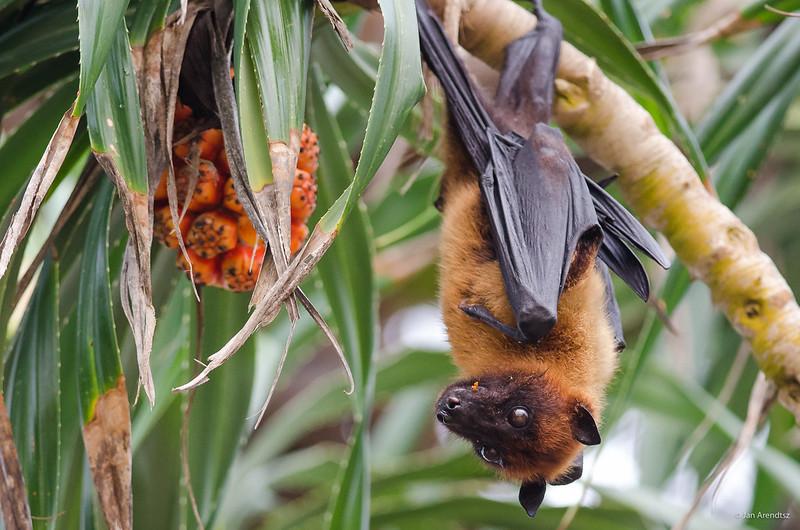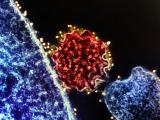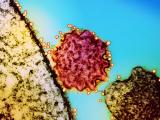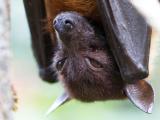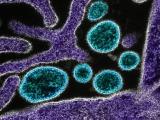In an update on a Nipah virus outbreak in India’s Kerala state, the World Health Organization (WHO) today said state health officials have notified the WHO of four cases since the middle of May, two of them fatal.
Kerala state has now reported nine Nipah outbreaks since 2018, part of recurrent spillovers of the virus, which is spread by bats and can be transmitted to humans through infected animals, contaminated food, or contact with sick people.
Two of the latest four patients are from Malappuram district, which had reported earlier cases. However, two are from Palakkad district, which had not reported previous cases. The first is an adult woman from Malappuram whose symptoms began on April 25 and whose illness progressed to acute encephalitis syndrome, which required intensive care unit (ICU) treatment. The second patient, another woman from the same district, became ill on June 23 and died on July 1 after visiting several healthcare facilities before a sample was collected for testing at a government hospital.
The third and fourth cases are both from Palakkad district, including a woman whose symptoms began on June 25 and is listed in critical condition. She is on a ventilator at a specialty hospital. The other is a man whose illness started on July 6. He was admitted to a private hospital a few days later, and died on July 12 after he was transferred to a hospital.
No links between patients, fruit bats observed in area
None of the patients have any epidemiological links to each other, and an investigation into the source of their infections is still underway, the WHO said. The lack of links suggests independent spillover events from a natural reservoir. “A significant presence of fruit bats, the known reservoir for NiV [Nipah virus] has been observed in the affected areas,” the group added.
The WHO said Kerala state has a strong health system and has improved its infection control measures since 2023. It urged Kerala health officials to continue strong surveillance and patient care efforts and advised other at-risk states in India to step-up their detection systems.
Though candidate products to prevent and treat Nipah virus infections are in development, there currently aren’t any licensed treatments or vaccines.
